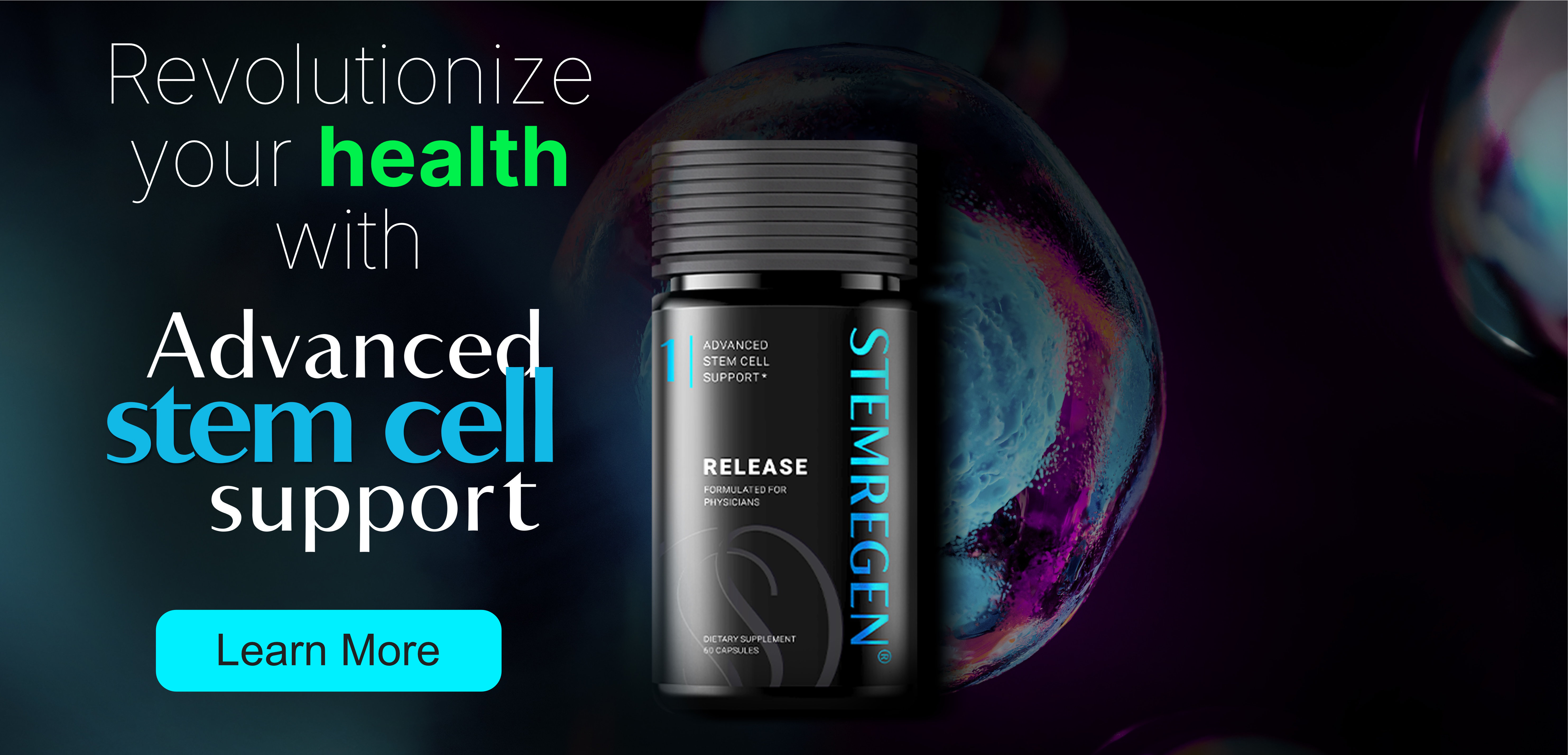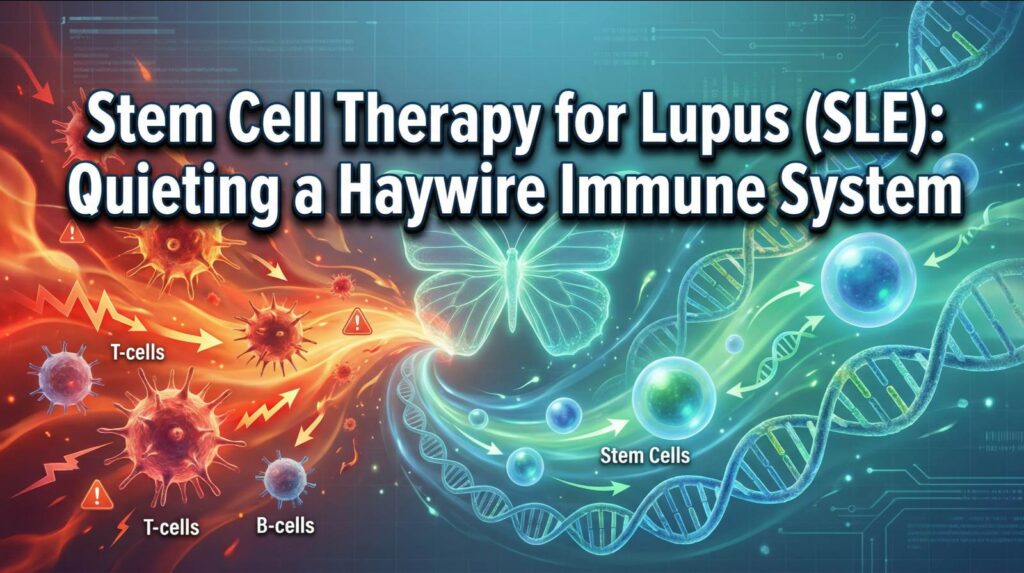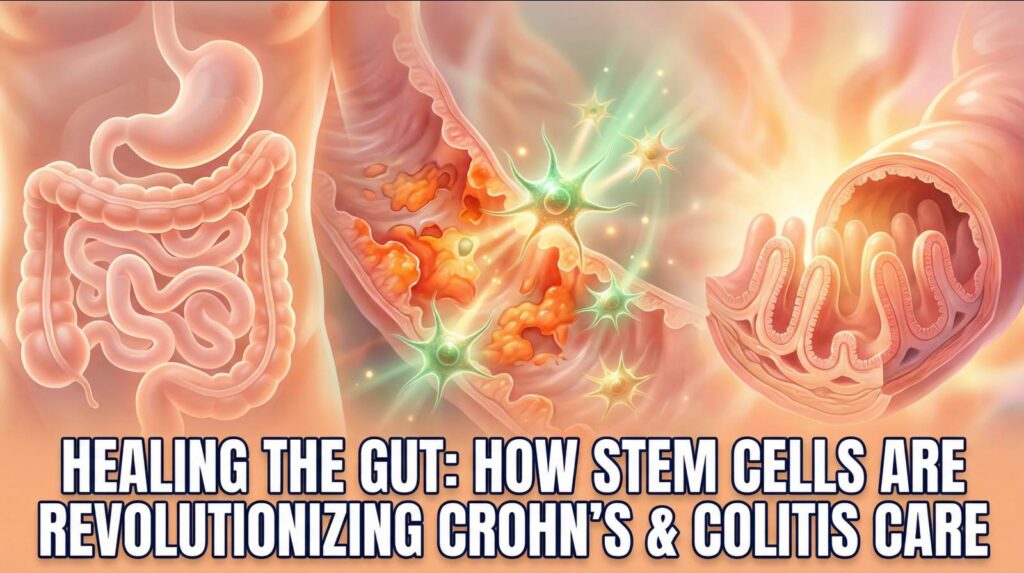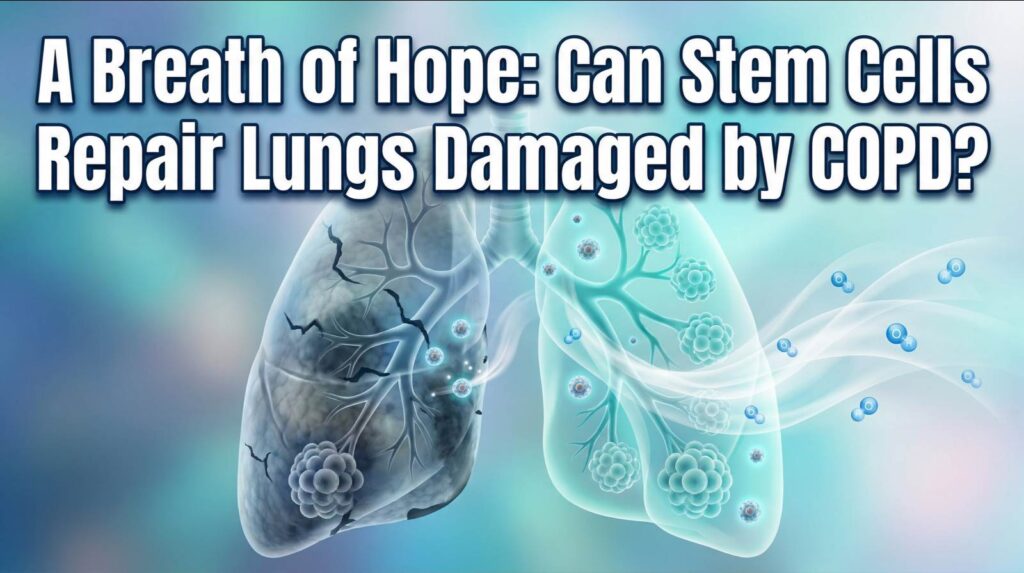Exploring the World of Stem Cells and Exosomes
Imagine the human body as a bustling city, where cells communicate like people, sharing information and materials to keep everything running smoothly. In this city, mesenchymal stem cells (MSCs) are like versatile workers capable of transforming into different roles as needed.
But their real power lies in how they communicate, particularly through tiny packets called exosomes. These exosomes, derived from mesenchymal stem cells, are like miniature postal services, carrying crucial messages and materials across the body.
Exosomes play a vital role in cellular communication, influencing various processes in nearby and distant cells. They’re not just messengers but also influencers, changing the behavior of recipient cells. This makes them a focal point in regenerative medicine, especially for cardiac repair and regeneration.
The Impact of Cardiovascular Disease
Cardiovascular disease (CVD) remains a leading cause of death globally. Despite advancements in medical technology, managing and treating these diseases poses significant challenges. Traditional treatments have limitations, and there’s a continuous quest for more effective therapies.
This is where mesenchymal stem cell-derived exosomes come into play. They offer a new frontier in treating cardiovascular diseases, promising to revolutionize how we approach cardiac repair and regeneration.
| Key Terms | Description |
|---|---|
| Mesenchymal Stem Cells | Multipotent stem cells found in adults, with a broad potential for differentiation and regeneration. |
| Exosomes | Small vesicles released by cells, carrying proteins, lipids, and RNA to other cells, facilitating intercellular communication. |
| Cardiovascular Disease | A general term for disorders of the heart and blood vessels, often leading to heart attacks, stroke, and other serious complications. |
Stay tuned as we delve deeper into this fascinating topic, exploring how the innovative use of mesenchymal stem cell-derived exosomes can transform the landscape of cardiovascular repair and regeneration.
The Therapeutic Potential of Exosomes in Cardiovascular Repair
How Do Exosomes Work in the Heart?
To understand how mesenchymal stem cell-derived exosomes aid in cardiac repair, picture a construction site. Here, exosomes are the foremen, directing and influencing the repair and rebuilding process. These tiny vesicles carry specific molecules that can encourage growth, reduce inflammation, and even instruct cells to repair damaged tissue. It’s like having a targeted, cellular-level construction crew working tirelessly to rebuild and repair the heart.
Advantages Over Traditional Stem Cell Therapies
MSC-derived exosomes offer several advantages over traditional stem cell therapies. For starters, they’re less likely to be rejected by the immune system, akin to a universal donor in a blood transfusion scenario. This makes them a safer option for patients. Additionally, their small size and biological properties allow for better targeting and delivery to the heart, ensuring that the therapeutic agents get precisely where they’re needed most.
| Advantages of MSC-Derived Exosomes | Description |
|---|---|
| Reduced Immune Rejection | Lower risk of immune response compared to whole stem cells. |
| Targeted Delivery | Enhanced ability to reach specific areas in the heart needing repair. |
Advancements in Stem Cell-Derived Exosome Research
Key Findings from Preclinical Studies
In the laboratory and animal models, mesenchymal stem cell-derived exosomes have shown promising results in repairing heart tissue. Studies have demonstrated their ability to reduce scar tissue, promote new blood vessel formation, and even restore some heart function after a heart attack. These findings are like discovering a new tool that can not only patch up the damage but also help rebuild the heart stronger than before.
Emerging Trends in Exosome Engineering
Science is not just about discovering; it’s also about improving. Researchers are now finding ways to engineer MSC-derived exosomes to be even more effective. This involves tweaking their contents or surface properties to enhance their regenerative abilities or to make them target specific areas of the heart more precisely. It’s like customizing those construction foremen to be more skilled and efficient in the specific tasks needed for heart repair.
| Research Area | Description |
|---|---|
| Enhanced Therapeutic Efficacy | Engineering exosomes for improved healing and regenerative properties. |
| Specific Targeting | Modifying exosomes to home in on specific damaged areas of the heart. |
In the next section, we’ll explore how these advancements are translating into clinical applications and what challenges lie ahead. Stay tuned as we delve deeper into the transformative world of mesenchymal stem cell-derived exosomes in cardiovascular repair and regeneration.
Clinical Applications and Trials
Current State of Clinical Trials
The leap from laboratory to patient care is a big one. Clinical trials are where mesenchymal stem cell-derived exosomes are currently being tested in humans. These trials are like real-world tests, determining how well these tiny vesicles perform in repairing and regenerating heart tissue in actual patients. The preliminary results are promising, showing potential in improving heart function and quality of life for those suffering from cardiovascular diseases.
Challenges and Considerations
However, the road to widespread clinical use is not without its bumps. There are regulatory hurdles to ensure safety and efficacy, akin to getting a new drug approved. Additionally, scaling up production while maintaining quality and consistency of these MSC-derived exosomes is like moving from a home kitchen to a large-scale bakery – it requires precise control and standardization.
| Clinical Trials Challenges | Description |
|---|---|
| Regulatory and Ethical Issues | Ensuring safety and effectiveness while navigating complex approval processes. |
| Production and Standardization | Scaling up production while maintaining the quality and consistency of exosomes. |
Future Perspectives and Directions
Potential Impact on Cardiovascular Therapy
The future of cardiovascular repair and regeneration using mesenchymal stem cell-derived exosomes is bright. These tiny vesicles have the potential to change the landscape of heart disease treatment. Imagine a world where heart damage can be repaired, not just managed; where a heart attack isn’t the end, but a new beginning. This is the promise that these exosomes hold.
Collaborative Efforts and Funding
The progress in this field is not just the result of brilliant scientists working in isolation. It’s a collaborative effort, requiring interdisciplinary research and adequate funding. Like a symphony orchestra, where every instrument plays a vital role, every researcher, clinician, and funding body contributes to the harmonious development of this field.
| Future Directions | Description |
|---|---|
| Interdisciplinary Research | Collaboration across various scientific and medical fields to advance research. |
| Funding and Support | The necessity of financial backing for continued research and development. |
FAQ
Q: What are exosomes derived from mesenchymal stem cells (MSCs)?
A: Exosomes derived from MSCs are small extracellular vesicles that contain various molecules such as proteins, lipids, and nucleic acids. These exosomes play a crucial role in intercellular communication and can modulate physiological and pathological processes.
Q: How do MSC-derived exosomes contribute to cardiovascular repair and regeneration?
A: MSC-derived exosomes have been reported to promote cardiac regeneration and repair by inducing angiogenesis, reducing inflammation, and improving cardiac function. They also have the potential to protect and regenerate myocardial tissue, making them a promising therapeutic option for cardiovascular diseases.
Q: What is the significance of umbilical cord mesenchymal stem cells in the context of exosomes for cardiovascular repair and regeneration?
A: Human umbilical cord mesenchymal stem cells have gained attention for their use in the production of exosomes with therapeutic potential for cardiovascular repair and regeneration. These exosomes derived from umbilical cord mesenchymal stem cells have shown promising results in preclinical studies for treating cardiovascular conditions.
Q: How do exosomes derived from MSCs promote myocardial repair?
A: Exosomes derived from MSCs promote myocardial repair by modulating various cellular pathways involved in tissue regeneration, angiogenesis, and anti-inflammatory responses. They can also protect the myocardium from ischemic injury and stimulate the regeneration of damaged cardiac tissue.
Q: What is the role of exosomes in the treatment of cardiovascular disease?
A: Exosomes play a vital role in the treatment of cardiovascular disease by acting as natural carriers of therapeutic cargo, including miRNAs, proteins, and lipids. Their ability to modulate cellular processes and repair damaged tissue makes them a promising tool for developing novel therapies for cardiovascular conditions.
Q: How do exosomes derived from MSCs attenuate limb ischemia?
A: Exosomes derived from MSCs have been shown to attenuate limb ischemia by promoting angiogenesis, enhancing blood flow, and reducing tissue damage. These exosomes exert beneficial effects on the ischemic limb by modulating cellular responses and promoting tissue regeneration.
Q: What are the potential benefits of using exosomes as a new approach for cardiac regeneration and repair?
A: Utilizing exosomes as a new approach for cardiac regeneration and repair offers several advantages, including their natural ability to modulate cellular processes, their potential for targeted delivery of therapeutic cargo, and their role in promoting tissue regeneration without the risks associated with cell-based therapies.
Q: How do exosomes released from mesenchymal stem cells protect the myocardium?
A: Exosomes released from mesenchymal stem cells protect the myocardium by exerting anti-apoptotic, anti-inflammatory, and pro-angiogenic effects. They can also enhance the survival of cardiomyocytes and promote tissue repair, thereby contributing to the overall protection and regeneration of the myocardium.
Q: Are there any clinical trials using exosomes derived from MSCs for cardiovascular repair and regeneration?
A: Several clinical trials are currently investigating the use of exosomes derived from MSCs for cardiovascular repair and regeneration. These trials aim to evaluate the safety and efficacy of exosome-based therapies in patients with various cardiovascular conditions, including myocardial infarction and heart failure.
Q: What evidence supports the use of exosomes as a potential therapy for improving cardiac function?
A: Accumulating evidence from preclinical studies and early-phase clinical trials supports the use of exosomes as a potential therapy for improving cardiac function. Exosomes derived from MSCs and other sources have demonstrated cardioprotective effects, leading to their emergence as promising candidates for enhancing cardiac function and regenerating myocardial tissue.
Conclusion
Mesenchymal stem cell-derived exosomes represent a frontier in cardiac repair and regeneration. Their potential to repair heart tissue, coupled with advantages over traditional stem cell therapies, positions them as a promising tool in combating cardiovascular diseases. While challenges remain, the ongoing research, clinical trials, and collaborative efforts paint a hopeful picture for the future of cardiovascular health.
Stay tuned to this exciting field as we continue to explore and harness the power of these microscopic marvels in the quest for a healthier heart.



